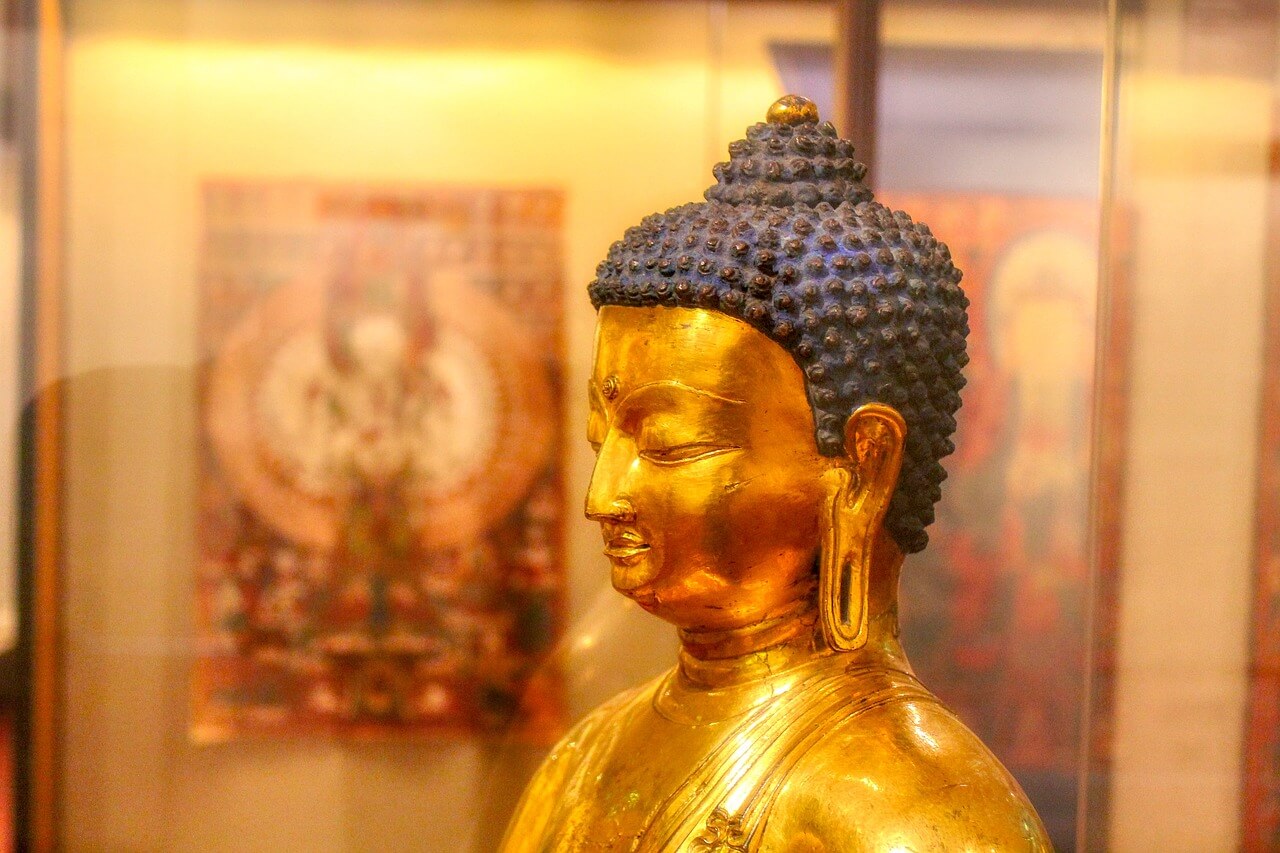
Tantra itself is not inherently dangerous, but like any spiritual or therapeutic practice, it should be approached with care and understanding. Tantra is a diverse and complex system with various branches, and some practices within Tantra may involve intense rituals, physical exercises, or meditation techniques that, if not practiced correctly or under the guidance of a qualified teacher, could potentially be physically or emotionally challenging.
Here are some considerations to keep in mind:
- Qualified Guidance: It’s essential to learn Tantra from a qualified and experienced teacher who can provide proper guidance and ensure your safety during the practice.
- Personal Readiness: Not everyone is ready for all aspects of Tantra. Some practices involve intense emotional or energetic experiences, and individuals should assess their emotional and psychological readiness before diving into advanced practices.
- Consent and Boundaries: In Tantra, it’s crucial to maintain clear boundaries and practice with full consent. Any practices that make you uncomfortable or push your boundaries should be avoided.
- Mental and Emotional Well-being: Individuals with certain mental health issues or unresolved trauma may need to exercise caution when engaging in Tantra, as it can bring up intense emotions and memories.
- Physical Considerations: Some Tantric practices may involve physical postures or exercises that could strain or harm the body if not done correctly. Always listen to your body and avoid any activities that cause discomfort or pain.
- Respect for Tradition: Tantra has deep roots in various spiritual traditions, and it’s important to approach it with respect for its cultural and historical context.
- Distinguish Between Authentic Tantra and Misuse: Unfortunately, there are misconceptions and misuse of the term “Tantra” in some contexts, often related to exploitation or inappropriate behaviors. Be discerning and cautious when encountering commercialized or sensationalized versions of Tantra.
In summary, Tantra itself is not inherently dangerous, but it can involve practices that may be challenging or potentially risky if approached without proper guidance or understanding. It’s essential to approach Tantra with respect, caution, and the guidance of qualified teachers, particularly when exploring advanced practices or rituals. Always prioritize your well-being and ensure that any Tantric practice aligns with your own values and boundaries.
Danger related to Tantra
There have been instances where certain individuals or groups have misrepresented or misused the term “Tantra” for activities that are exploitative, abusive, or dangerous. These activities are not representative of authentic Tantra and should be avoided. Some examples of dangerous practices or misconceptions associated with Tantra include:
- Physical Exploitation: Some individuals may claim to teach “Tantric intimacy” as a way to exploit and abuse people. Authentic Tantra does involve aspects of intimacy but always emphasizes consent, respect, and mutual connection.
- Extreme Physical Practices: Some people may engage in extreme physical practices without proper guidance, potentially leading to physical harm. Authentic Tantra does include physical practices but should be undertaken with caution and supervision. Here is the importance of a genuine and trained Guru to guide you.
- Misuse of Mind-Altering Substances: In some cases, people have combined Tantra with mind-altering substances in ways that can be harmful to mental and physical health. Authentic Tantra does not require the use of substances and instead encourages natural states of awareness.
- Cultish Behavior: Certain groups or individuals have formed cults or exploitative organizations under the guise of Tantra, using manipulative tactics and coercion. Authentic Tantra should never involve such behaviors.
To ensure a safe and authentic experience with Tantra, it’s crucial to:
- Seek guidance and teachings from qualified and reputable Tantra instructors or schools.
- Maintain clear boundaries and prioritize consent in any intimate or physical practices.
- Be cautious of commercialized or sensationalized versions of Tantra that may promote exploitative or dangerous practices.
- Listen to your intuition and prioritize your physical and emotional well-being in any Tantric practice.
Tantra is a legitimate spiritual and meditative practice with the potential for positive personal growth, it’s essential to be aware of the potential for misrepresentation and misuse of the term. Always exercise discernment and prioritize your safety and well-being when exploring any aspect of Tantra.










